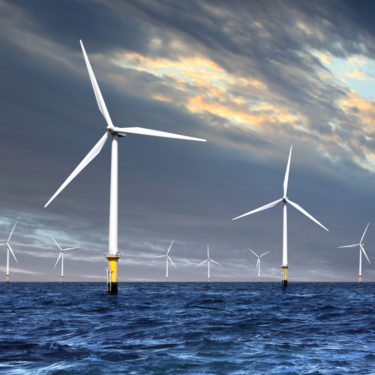COP28 – Incremental but not transformative
Unsurprisingly, the COP28 international climate conference did not end with a dramatic shift in the world’s response to climate change. However, it did mark the beginning of the end for fossil fuels as the main energy source in the global economy. There were some small wins such as the operationalising of the loss and damage fund and the unanimous agreement on increasing the role of renewables by 2030.
What you will learn:
- The loss and damage fund was an early success for the conference, and its pot has pledges of around $800mn so far. Large donations have come from Europe and the UAE, while large emitters like the US were criticised for their small contributions. Still, more is needed to ensure the fund is accessible by those in need.
- Fossil fuels’ future role dominated talks around the Global Stocktake, with debates over phrases such as ‘phasing down’ or ‘phasing out’ of these energy sources. Sadly, the final draft included neither, with language broad enough for wider interpretation. Yet, the overall message is clear: The energy sector must transition away from fossil fuels and make room for cleaner energy. In this vein, most countries have agreed to triple renewables and double energy efficiency.
- Compared to earlier COPs, adaptation and finance did not advance much. The global goal on adaptation still lacks firm targets and the new goal for finance was pushed to 2024.
Tags:
Related Services

Service
Country Climate Analysis
Assess the impact climate change will have on all facets of your business. Now and in the future.
Find Out More
Service
City Climate Analysis
In-depth insights into the economic impacts of climate change and mitigation policies on cities and local economies throughout Europe, the US and Canada.
Find Out More
Service
Sustainability Management Advisory Platform
Unlock sustainability insights to support your business
Find Out More